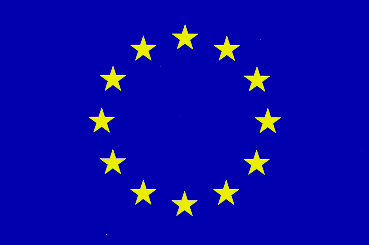
EU 27
Us Europeans - 1989 testimonials
Contemplating the past
Berlin, DE (View on map)
Posted 5 Jul 2008:Each country has a different way of dealing with its history. The Portuguese are nostalgic about it, the Hungarians proud, while the Poles are trying to eradicate the negative consequences that their history still casts on them. Almost every country glorifies its past by honouring those who helped create, protect or even enlarge the nation. The situation in Germany is a bit more complicated than that. How does the current generation of young people deal with the legacy of Germany`s troubled past?... Read more
It all happened here (1)
Berlin, DE (View on map)
Posted 30 Jun 2008:Getting to Berlin after spending two weeks in Poland is quite an event. More so than most Polish cities, Berlin is huge, international and diverse. All of that becomes instantly clear to me when my train arrives at Berlin`s new Central Station: a huge railway in the centre of the city that serves as an immense crossroad. On the exact border of former East and West, I am left wondering how much both sides are still different. Before diving into that, here`s a first impression of what people remember from the years surrounding die Wende, the changes caused by the reunification of Germany.... Read more
Communist legacy
Prague, CZ (View on map)
Posted 15 May 2008:No fewer than twelve countries have been added to the European Union in the last 10 years. Czech Republic was one of the former ex-communist states which joined in May 2004. Within barely fifteen years after the revolution, Czechs have had to convert from a centrally-planned market economy with work and accommodation for everybody, into a capitalist state ran by financial gains and egoism. Today, I am asking people which communist traits have survived the revolution and are still commonplace today.... Read more
Post Yugoslav Era
Maribor, SI (View on map)
Posted 18 Apr 2008:Up until 1991, Slovenia was part of Yugoslavia which, for almost a century, showed itself to the world as a show case for multi-state federalism. United under dictator Tito, Slovenes shared an artificially created country with Croats, Serbians, Bosnians, Kosovars, Macedonians, Vojvodinians and Montenegrans. Little of that is left. Slovenia is now a country of its own. It`s its population still qualifies as Yugoslav, by the simple fact that Yugoslav literally translated as Southern Slave, which is the ethnic family to which Slovenes belong. But how Yugoslav do they still feel after almost 20 years of independence?... Read more
Browse |
Random suggestions: |
|
Sold out but still available second-hand: the book Crossroad Europe |
|
For contact information, |







